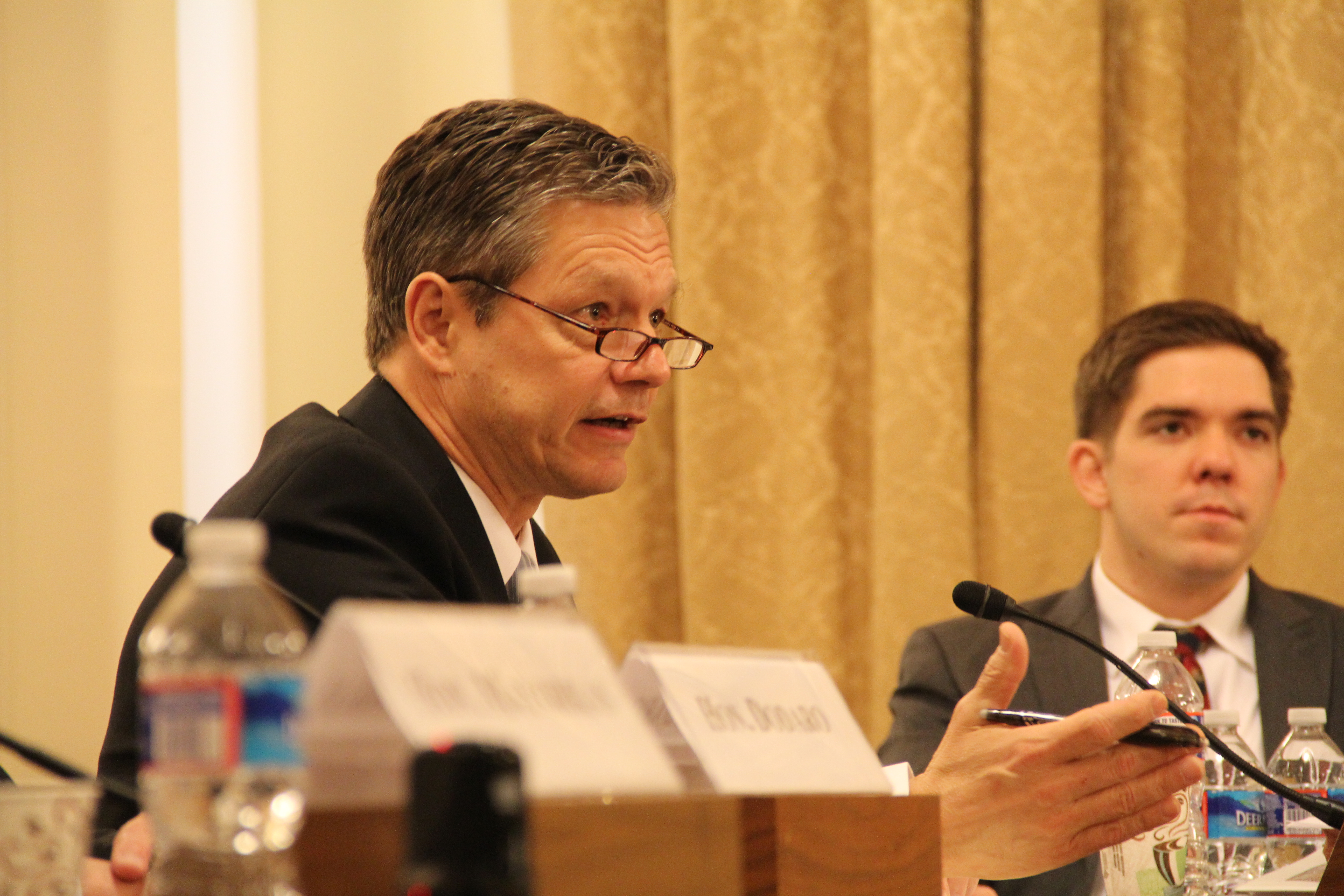WASHINGTON – Federal first responders and law enforcement officers still cannot communicate on a shared radio channel during a terrorist attack, a decade after the 9/11 Commission highlighted this inability to communicate as a major problem, the Department of Homeland Security’s chief investigator said Wednesday.
“I’m frankly concerned that as we speak, today a Secret Service agent in New York can’t get on his radio and talk to a Federal Protective Service officer in New York, or a [Customs and Border Protection] officer in El Paso can’t talk to a homeland security investigations agent in the same city,” John Roth, inspector general for the Department of Homeland Security, told the House Homeland Security Committee.
Roth highlighted the results of a test his office conducted in November 2012 to determine whether DHS components – which include the Secret Service, the Transportation Security Administration and the Federal Emergency Management Agency – could talk to each other on the radio in the event of an attack or other emergency.
Of a 479-person sampling of DHS radio users, only one could access and use the specified common channel to communicate, according to the Office of the Inspector General report.
“In other words, DHS had a failure rate of 99.8 percent,” Roth said. “Seventy-two percent of users didn’t even know of the existence of a common channel, and the remainder just couldn’t find it.”
What’s more, only 20 percent of the radios tested were set up properly to access the common channel.
These DHS radio systems allow receiving and sharing of information that is crucial for both operational awareness and personnel safety. Since 2003, DHS has invested $430 million to meet communication needs for about 123,000 field users, according to the inspector general’s report.
The department did not establish an effective governing structure with the authority and responsibility to ensure it achieved department-wide, interoperable radio communications, Roth said in his written testimony to the committee.
“And as we sit here today, the department’s plans to do so are still a work in progress,” he said, referring to the department postponing from April to September the date for a finalized department plan to resolve the problem.
DHS Deputy Secretary Alejandro Mayorkas defended his department’s employees, saying they are not willfully ignoring agency procedures.
“It’s rather an issue of putting structures in place that drive everyone in the same direction and to ensure disciplined and rigorous adherence to best practices,” he said, adding that he and DHS Secretary Jeh Johnson are ultimately responsible.
A DHS official said the department couldn’t comment further on the reasons for not achieving this major department goal or the timeline for resolving the issue.

